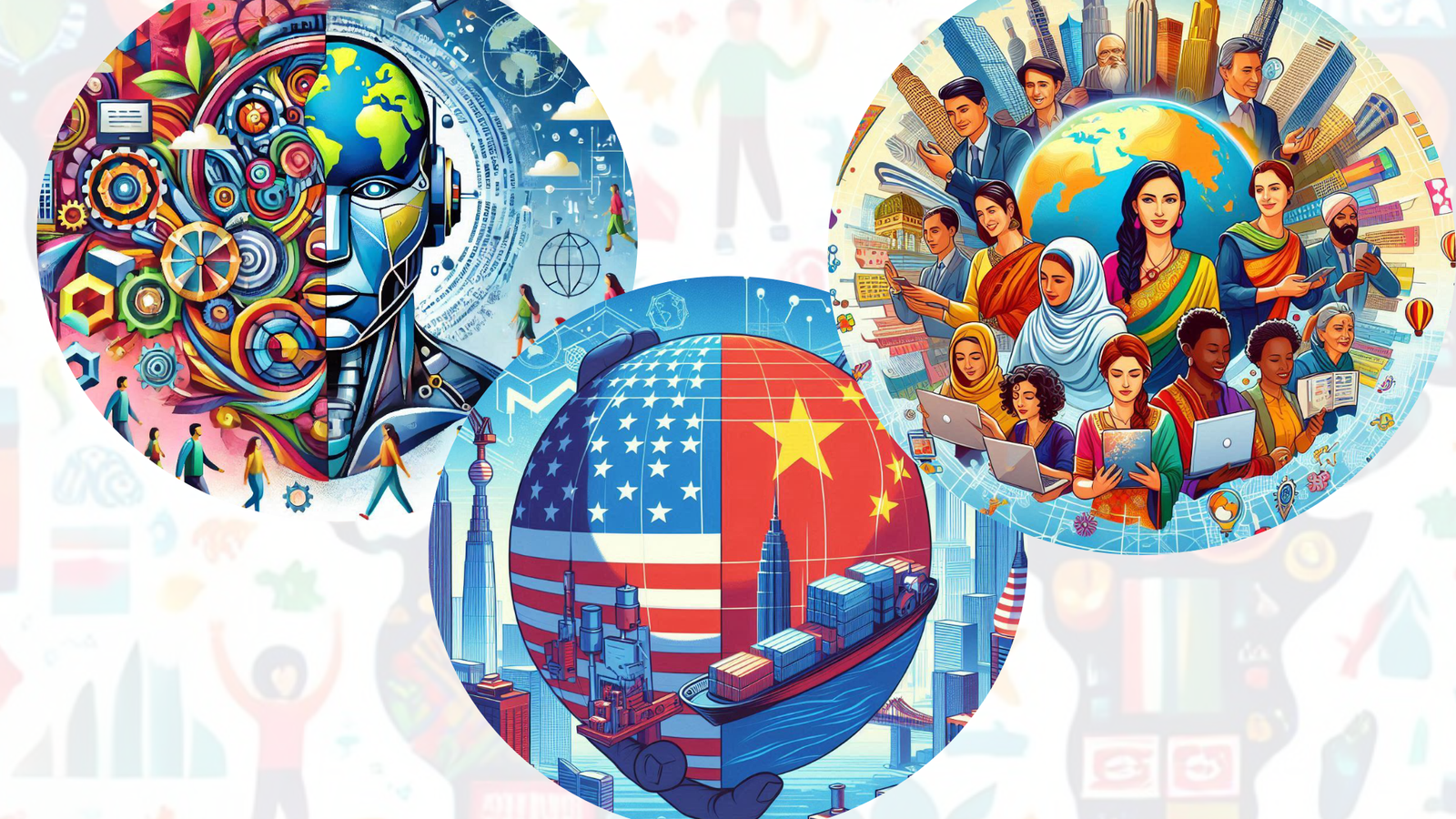The notion keeps on changing to meet global demands
The transformation of global entities has made globalisation a force within the geopolitical landscape of this contemporary world. The ideals upon which globalisation was founded have revealed the essence of capturing imaginative scenes that spring from how scripts of globalised synergies are intertwined.
Although globalisation has undergone many surgical operations and been reborn in different forms, this demonstrates how powerful globalisation can be if the concept is turned into a formula. Globalisation, on its own, can be dangerous; that is why it needs other factors to make it a complete concept.
The idea becomes brutal when the master plan of globalisation is handed to someone with an evil mindset. Globalisation cannot act when destruction is looming; however, that destruction can be stopped if the right principles are applied correctly.
From the outset, globalisation is not everyone’s cup of tea, and it is certainly not the beverage one would choose to serve at a tea party. However, an individual might serve selected elements of globalisation at a tea party when the beverage is cold and full of sugar, because it gives the kind of buzz or hypnosis that some people might feed off.
The changes globalisation has undergone over the decades have not always been positive, and it does not cry out for more. The fearless approach that supranational governments have taken with globalisation has empowered the idea to such an extent that it now seems untouchable. The prism of globalisation presents different colours, making it difficult to predict what national governments will do with its features. The exploitation of wealth has created a distinctive culture of greed. The extraction of natural resources has brought about inequality in societies where the inclusion of wealth creation remains at net zero.
Globalisation needs rebranding and re-engagement so that a form of enlightenment can be created. Refocusing globalisation is no easy process, as market structures are designed to exploit emerging and developing countries.
The ideals are not as straightforward as they appear, as the sources of globalisation are deeply rooted in making corporations richer and increasing poverty in non-Western countries. Rebranding a system is notoriously difficult, and it requires a reshaping of global ideologies into a collective concept.
The core issue is that not all global leaders may be receptive to such change, which can result in the rise of global superpowers that ultimately prevent globalisation from being rebranded.
The different realities that give globalisation its hegemonic status are profound, and the ideas behind these realities are even more powerful than globalisation itself. The competing ideologies of capitalism and modern-day communism or socialism make rebranding near-impossible.
For example, China’s contemporary socialist model is so intertwined with globalisation that reshaping the concept would dismantle the very system underpinning China’s influence on the international stage, particularly its role in Africa. Similarly, democracy and capitalism have become deeply aligned with globalisation, which means rebranding would threaten the identity of both systems.
The recoupling of various elements has made globalisation an idealistic concept, but in truth, its constant regeneration is becoming more apparent to the public. People are gradually absorbing the subtle suggestions that globalisation projects, yet the underlying principles it was built are now expanding and rebranding the ideology itself.
This rebranding is taking shape in various formats and configurations, making globalisation a powerful subject of debate in major forums. Its simplicity is deceiving. The notion of it being purely good or bad is blurred. What globalisation does is reform itself like multilateral organisations do, all while enforcing higher tariffs that prevent underdeveloped countries from trading with developed or developing nations.
The systemic failures adopted by globalisation make its framework increasingly implausible. Continuous mechanical negligence has triggered a sequence of events, leading to concerns over privacy and autonomy. Despite this, the public still views globalisation as a forerunner of contemporary civilisation, a perspective some may find ludicrous, but it remains a valid assessment, given how far globalisation has been embedded in modern society.
Rebranding globalisation sounds like a commendable idea, but in reality, it may not be, because its underlying concepts and sources are far more entrenched than they appear. The truth is, globalisation will go through many phases, as it is a concept we now live with.
Currently, the ideology is developed enough to maintain its credibility, even if its basic elements have shifted over the years. Rebranding globalisation may result in a true or false narrative, but ultimately, the way it is contextualised will always differ, and always will.




